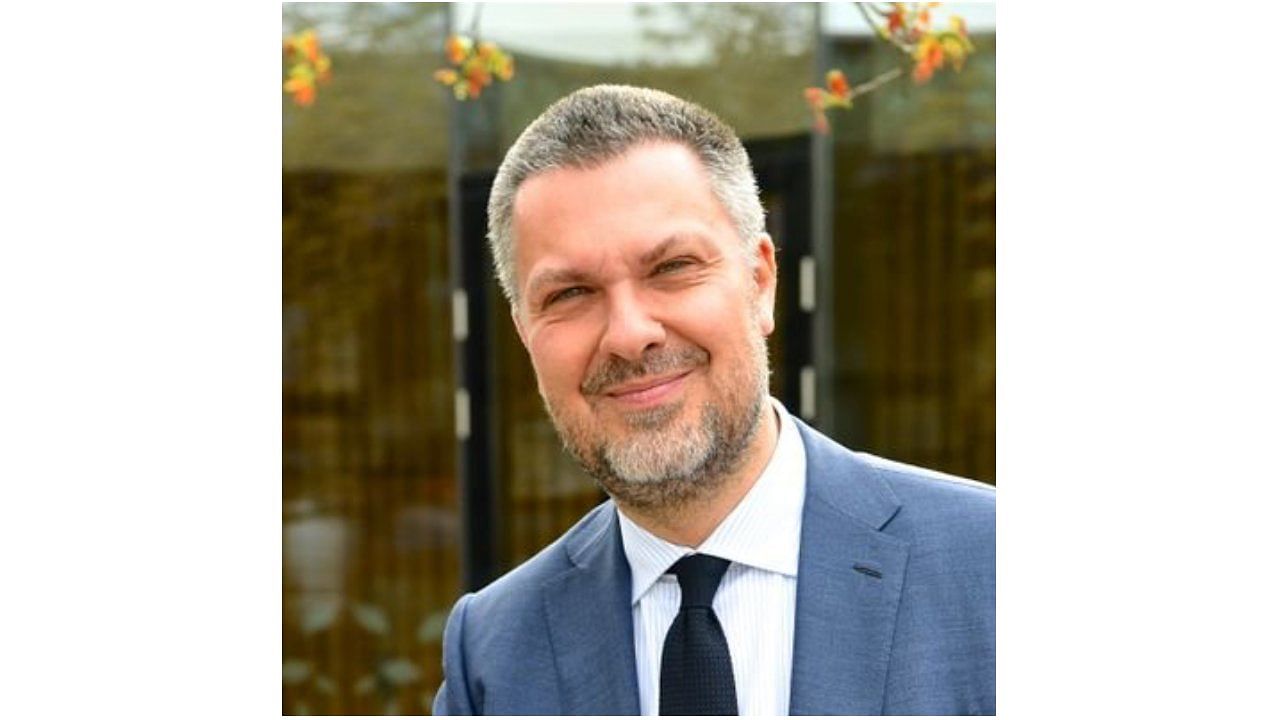
The general secretary of the international union ITUC has been dismissed from his post, the confederation said, over his links to a European Parliament graft scandal implicating Qatar.
Luca Visentini was arrested in December as part of the investigation into suspected corruption among MEPs involving Qatar and Morocco.
The 54-year Italian -- who was detained for two days then released, but remained a suspect -- was suspended by the board of the International Trade Union Confederation in December.
The board decided Saturday he "no longer had the confidence of the General Council" and would be removed from his post.
"The events of the past few months have caused significant damage to the ITUC's reputation," said Akiko Gono, the president of the body, which federates 338 unions in 168 countries and territories around the world.
"We are determined to protect the ITUC from any form of improper influence, or indeed the appearance of such influence."
The ITUC also said a report from its special commission and external auditors had found "no evidence of donations from either Qatar or Morocco influencing the ITUC's policies or programmes".
Visentini has admitted receiving 50,000 euros from the NGO of former MEP turned lobbyist Pier Panzeri, who allegedly ran the bribery ring and cut a deal with prosecutors last month in return for a lighter sentence.
Brussels has been rocked by the huge graft inquiry, which sent shock waves through the EU elected assembly and triggered international controversy.
Both Qatar and Morocco insist they played no role in the scandal, but prosecutors say Panzeri has confessed to distributing cash bribes on their behalf to influence Brussels politicians.
Visentini said the cash was to cover costs from his campaign to become ITUC general secretary of the ITUC.
The organisation said it will hold an "extraordinary world congress" to elect a new secretary.
In December Belgian police seized more than 1.5 million euros in cash during raids around Brussels and arrested six suspects, including Panzeri and then-parliamentary vice president Eva Kaili.